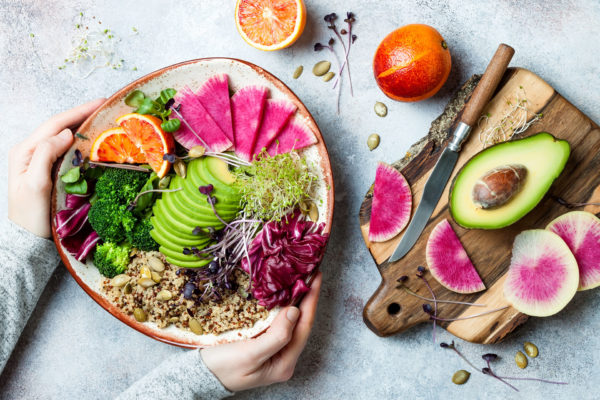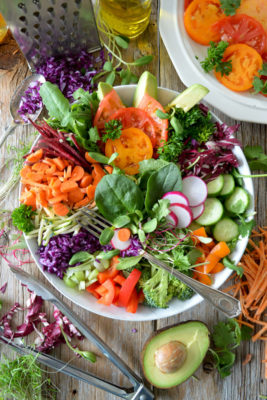
Are Plant-Based Meat Alternatives Good For You?
By
10 months ago
The pros and cons of fake meat
A few years ago, the plant-based meat industry was booming. After years of being neglected in supermarket aisles and restaurant menus, vegans and vegetarians were finally being seen, with a string of new fake meat products hitting the market: shroomdogs, chick’n, you name it. Even companies traditionally known for their meat were getting in on the action with meat-free alternatives – remember the frenzy when Greggs launched a vegan version of its beloved sausage roll?
However, recently it feels like there has been a shift in attitude. Some of the industry’s biggest brands, including Beyond Meat, have reported a significant drop in sales, and big supermarkets are cutting their vegan ranges.
This is no doubt in part a response to increased awareness surrounding ultra-processed foods (UPFs) – one of the hottest topics of the past couple of years. Many plant-based meat products fall into the UPF category, which are typically associated with a whole host of health problems. However, that doesn’t necessarily mean we should rule them out completely: not all products are made equal, and some have nutritional benefits that outweigh the negatives (and often offer more than processed meat alternatives).
Is All Vegan Meat Unhealthy?
There are many health benefits to following a plant-based diet: it can reduce inflammation, lower your risk of heart disease, and even increase longevity. But this is a result of the focus on consuming lots of whole foods and less processed meats, rather than eating plant-based meat alternatives. By its very nature, vegan meat is often heavily processed as it requires a lot of work to recreate the texture and flavour of meat – additives, colourants and flavour enhancers are typically added to create that juicy, umami taste.
There’s a plethora of evidence showcasing the negative impact of eating too many UPFs. Nutritionist Kim Pearson told us: ‘research has not only linked UPF consumption to higher risks of obesity, but also high blood pressure and high cholesterol.’ And a study published in the BMJ has linked ultra-processed foods with a higher risk of 23 health problems, including cardiovascular disease, cancer and metabolic problems.
On the other hand, some plant-based meat alternatives are better for us than their conventional meat counterparts, such as burgers and sausages, according to a recent study from the Food Foundation. Scientists compared the nutritional profile of 68 meat-based products with that of 36 meat products, including bacon, chicken nuggets and meatballs (both fake and real). The study found the plant-based versions contain fewer calories, less saturated fat and more fibre than the meat versions.
However, it also found that plant-based alternatives can be very high in salt. The research concluded: ‘a lot of the more recently developed processed meat alternative products are more likely to contain higher levels of salt than other alternative proteins, and only a third are fortified with iron and vitamin B12, as would be found in meat.’

Getty Images
Researchers looked at a variety of meat-free products: traditional proteins like tofu and seitan, ‘new generation’ products like Linda McCartney foods, and less-processed proteins, including beans and grains. It concluded that beans and grains were the healthiest category, saying they are ‘a natural source of protein, deliver the best bang for buck on health and environment, with lower amounts of saturated fat, calories and salt and the highest amount of fibre of all products.’
How To Choose Healthier Plant-Based Meat Alternatives
So the issue isn’t black and white – and some plant-based alternatives are better than others when it comes to nutrition. Things to look out for include:
- Look at the ingredient list. If a product contains five or more ingredients, it’s likely a UPF.
- Focus more on whole food options, such as tofu, tempeh, legumes and beans, which are high in protein.
- Avoid products with high numbers of additives, such as emulsifiers and preservatives.
- Look for products with low saturated fat and low sodium.
- Choose products which have added vitamins and minerals, such as vitamin B12 and vitamin D – these are often trickier to get in a plant-based diet.






